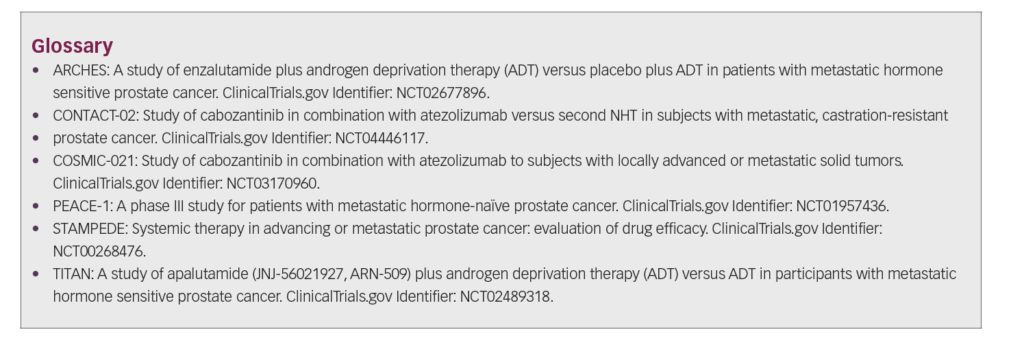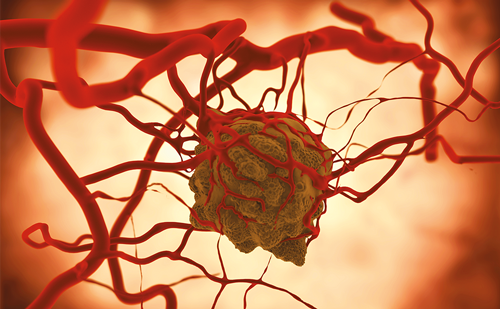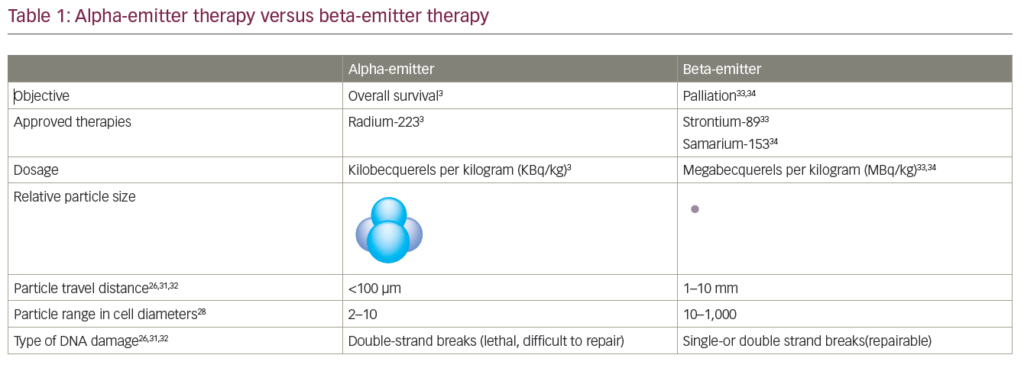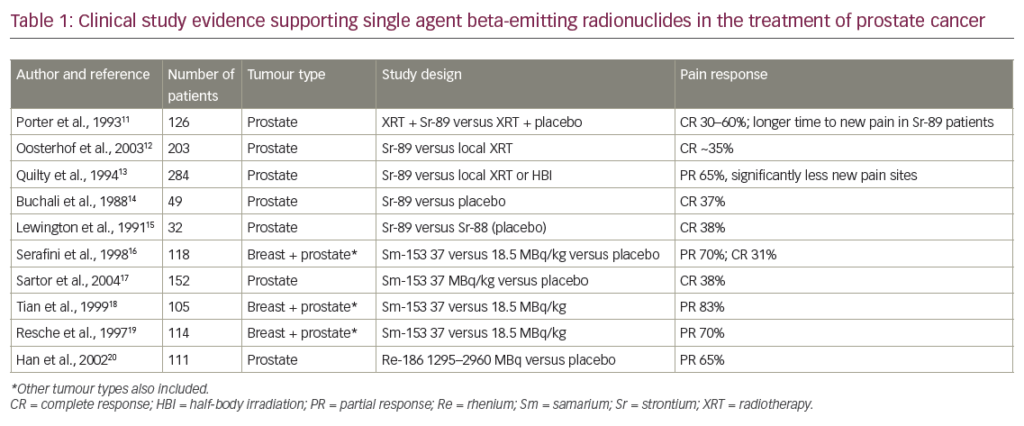Prostate cancer is one of the leading causes of cancer death worldwide.1 However, the emergence of novel hormonal therapies and the increasing availability of sensitive next-generation imaging techniques, such as gallium-88 prostate-specific membrane antigen (PSMA)-targeted positron emission tomography (PET), has transformed the management of advanced prostate cancer. Numerous agents, including abiraterone, enzalutamide, apalutamide, darolutamide, docetaxel, cabazitaxel, radium-223 and sipuleucel-T are now approved for advanced prostate cancer.2 Appropriate use of these drugs is essential to optimize outcomes for patients.
In an expert interview, Professor Merseburger discusses the most exciting presentations from the recent European Society for Medical Oncology (ESMO) annual congress and considers their likely impact on clinical practice.
What were the hottest topics and exciting new research from the ESMO congress 2021?
For me, the main focus was on advanced prostate cancer. Data from the STAMPEDE study (NCT00268476) was presented by Gert Attard with high-risk, non-metastatic prostate cancer. A very early intensification in the combination of androgen deprivation therapy (ADT) and abiraterone showed a metastasis-free survival benefit and also an overall survival (OS) benefit. The 6-year survival improved from 77% to 86%, which is clinically meaningful.3
However, since we now have PSMA PET imaging, we will detect more metastatic disease in the future, which needs different treatment. This leads me to the second interesting study, which was the final OS analysis of the ARCHES trial (NCT02677896) presented by Armstrong. This compared ADT with the combination of ADT and enzalutamide in men with metastatic, hormone-sensitive prostate cancer. Results showed a hazard ratio of 0.66 for the combination arm, a significant OS benefit. This trial included 62% of patients with high volume disease, so this was significant metastatic prostate cancer. Of these, 17% had prior docetaxel. The median follow-up was 44 months.4 These findings give us another treatment option, with abiraterone, apalutamide and now enzalutamide showing a survival benefit in this patient population.
There were multiple discussions about the PEACE-1 (NCT01957436) presentation from Fizazi. Fizazi had shown us a progression-free survival (PFS) benefit at the American Society of Clinical Oncology this year, and now the updated analysis was presented at ESMO. Results showed more than 1 year OS benefit, and PFS was prolonged by 2.5 years for men treated upfront with a triple therapy comprising ADT, docetaxel and abiraterone.5 There are now many discussions around whether the standard treatment in future should be triple therapy or hormone/hormone combinations or docetaxel/hormone combinations. The full paper is not published yet but the data seem very promising. Men that currently receive docetaxel and chemotherapy in combination with ADT should benefit from the triple therapy with abiraterone. However, we have also seen benefits from hormone/hormone combination therapies from the ARCHES and TITAN (NCT02489318) trials,6 and I would personally start with hormone/hormone combination and then sequence treatment.
One last comment is on the phase I COSMIC-021 study (NCT03170960) presented by Agarwal, which investigated the combination of cabozantinib and atezolizumab in patients with metastatic, castration-resistant prostate cancer. This combination demonstrated clinically meaningful activity with a known and manageable safety profile.7 The CONTACT-02 trial (NCT04446117) is a phase III study investigating this combination, and has started worldwide, so we have high hopes of this in future conferences.
How will these key data impact the future of clinical practice?
The key data presented at the ESMO 2021 annual congress have changed the future of prostate cancer treatment. In many countries, men with metastatic prostate cancer only receive ADT. We have known for years that this is not enough, and now we have the PEACE-1 clinical trial data showing a dramatic OS benefit when a triple combination is used. In addition, the ARCHES data have shown an OS benefit with ADT in combination with enzalutamide. We have seen the TITAN data, showing the apalutamide combination with ADT gives an OS benefit in a broad patient population. There is a lot of evidence supporting combined therapies in metastatic prostate cancer. The key message is that ADT alone is not enough in 2021 in metastatic prostate cancer.















